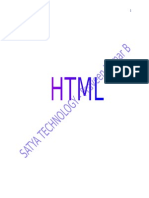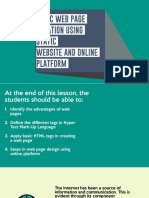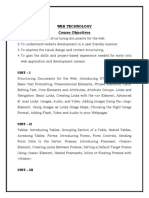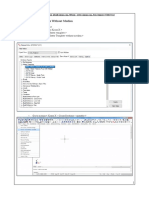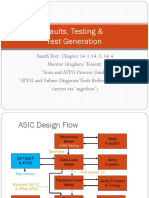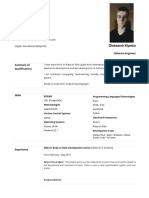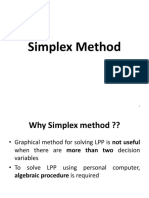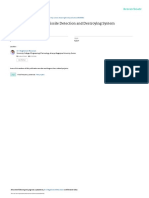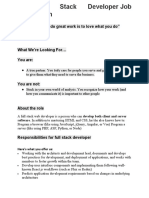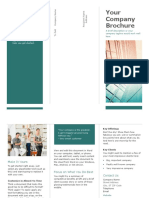0% found this document useful (0 votes)
12 views42 pagesChapter Two Mod
Chapter Two discusses HTML, the Hypertext Markup Language used for web page development, highlighting its structure, tags, and attributes. It introduces HTML5 features such as new semantic elements, forms, and multimedia support, while explaining the importance of tags like <html>, <title>, <h1>, <body>, and <table>. The chapter also covers linking pages, image handling, and the use of attributes to customize web content.
Uploaded by
eyasu119Copyright
© © All Rights Reserved
We take content rights seriously. If you suspect this is your content, claim it here.
Available Formats
Download as PDF, TXT or read online on Scribd
0% found this document useful (0 votes)
12 views42 pagesChapter Two Mod
Chapter Two discusses HTML, the Hypertext Markup Language used for web page development, highlighting its structure, tags, and attributes. It introduces HTML5 features such as new semantic elements, forms, and multimedia support, while explaining the importance of tags like <html>, <title>, <h1>, <body>, and <table>. The chapter also covers linking pages, image handling, and the use of attributes to customize web content.
Uploaded by
eyasu119Copyright
© © All Rights Reserved
We take content rights seriously. If you suspect this is your content, claim it here.
Available Formats
Download as PDF, TXT or read online on Scribd
/ 42

































